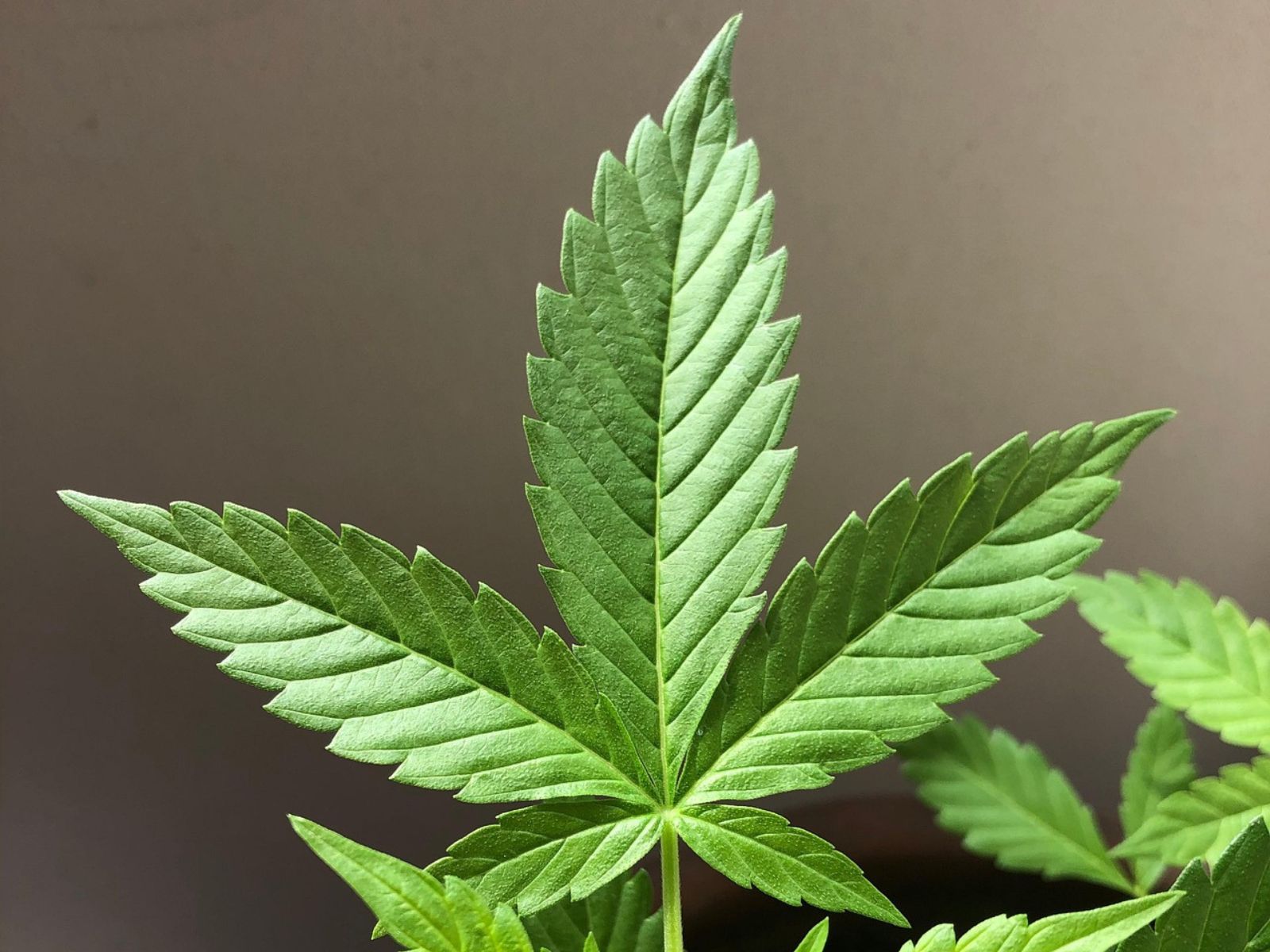
Study Finds Medical Cannabis Reform In Canada Associated With Reduced Alcohol Sales

Study Finds Medical Cannabis Reform In Canada Associated With Reduced Alcohol Sales
A study in 2015 found that cannabis is 114 times safer than alcohol. That, of course, highlights some of the irony behind cannabis still being illegal in many parts of the world, even for medical use, while alcohol is legal in nearly all (if not all) of those same countries.
This is not to say that alcohol should be prohibited. Much like cannabis prohibition, alcohol prohibition does not work and results in more harm than good. Just as people can and should be able to consume cannabis responsibly, so too should they be able to do so with alcohol.
With that being said, cannabis is exponentially safer compared to alcohol, so any reduction in alcohol use is a good thing overall for society from a public health standpoint. According to a recent study in Canada, medical cannabis reform is associated with reduced alcohol sales. Below is more information about it via a news release from NORML:
Ontario, Canada: The adoption of medical cannabis access in Canada was associated with reductions in alcohol sales, according to data published in the journal Health Policy.
A Canadian researcher evaluated the relationship between medical cannabis legalization and retail sales of alcohol in various regions of the country over an eight-year period.
The author determined: “This study found a significant negative association between legal medical cannabis sales and liquor store alcohol sales: each cannabis sales dollar was associated with an average alcohol sales reduction of between $0.74 and $0.84. The negative association was robust with respect to several alternative modeling choices.”
He concluded, “From a public health perspective, the results likewise imply that reductions in alcohol-related health impacts might partly offset the increased cannabis-related health impacts that legalization might bring.”
A 2017 analysis of US beverage sales identified a similar decline in alcohol sales following the adoption of statewide medical cannabis legalization laws, as did a 2021 assessment of Youth Risk Behavioral Survey data. By contrast, a more recent study evaluating the impact of adult-use legalization laws in the United States reported an association with increased alcohol use those age 21 and older.
Full text of the study, “Relationship between sales of legal cannabis and alcohol in Canada,” appears in Health Policy.
Share article


Share article
Join Our Awesome Community
Join Our Awesome Community
Join Our Awesome
Community
Get all the latest industry news
delivered to your inbox







